An Interview with Chef KJ: Science Fair Experiments, Hockey & Saving the Environment
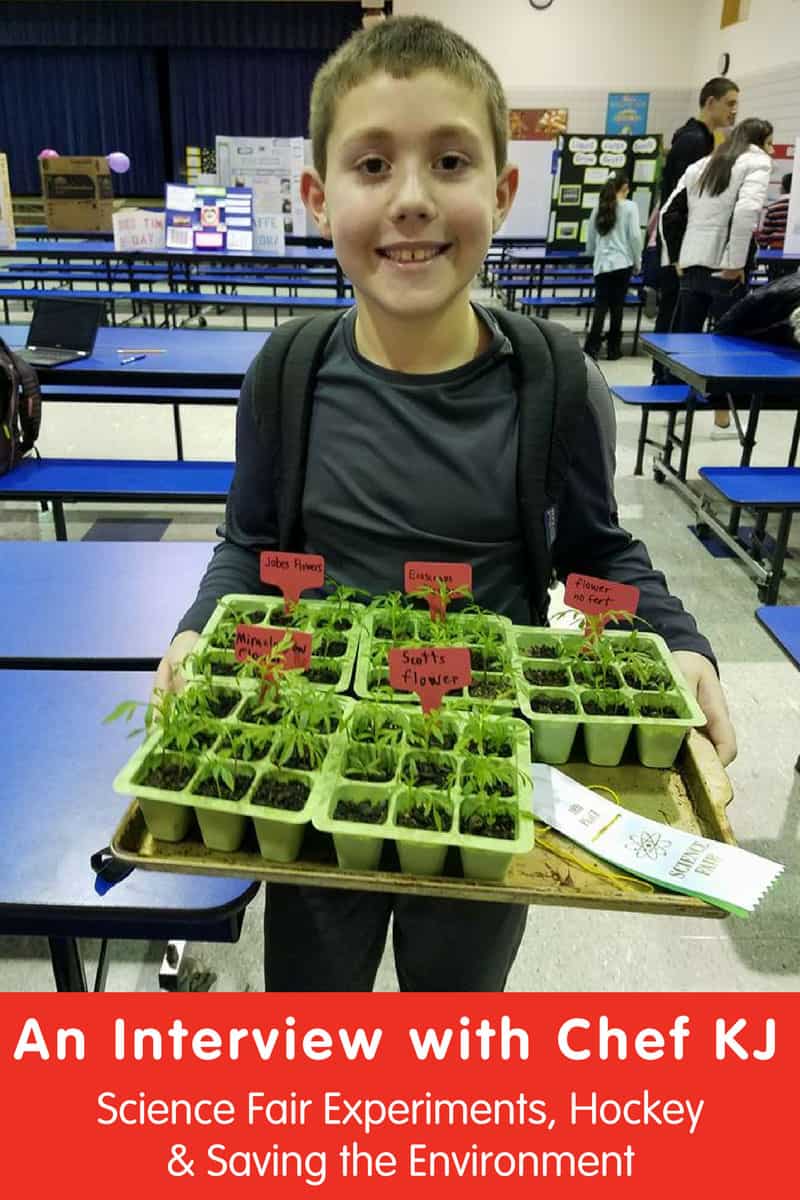
In preparation for Earth Day, I decided to interview KJ about his love of earth science.
Mom: Why do you participate in your school’s science fair?
KJ: I love science and I am hoping my projects will lead to new ways to protecting our ecosystems.
Mom: You just participated in your 3rd Science Fair. Out of the three projects that you have done, what project did you find the most interesting?
KJ: This year’s “Going Bananas” project because I was able to determine the ideal spot to ripen bananas. This helps my family waste less food. Although, we don’t keep our bananas on the windowsill. I guess we eat them too fast.
(Mom note: Yes, yes we do.)
I liked last year’s project [Flower Power: Synthetic vs. Organic Fertilizer] too because I learned what kind of fertilizer I would want to use if I was a farmer. I learned a lot about how plants grow and what can help or harm them. It was an important project because there are a lot of people in the world who are hungry and if we can find better ways to grow food, fewer people would be hungry.
Mom: I am surprised you didn’t say your first project. It was about hockey!
KJ: Well, I had fun with my first project [Edges, Edges, Edges: What Edge Helps You Skate the Fastest]. It was cool.
(Mom note: The conversation sidetracked to hockey for a few minutes here. I should note that I interviewed him while he was getting his new skates molded to his feet. He couldn’t move for 15 minutes and I seized the opportunity!)
It was all about hockey. But honestly, it wasn’t an experiment that could help a lot of people.
(Mom note: Aw. Proud mama moment.)
Mom: Why are science fairs or STEAM projects so important?
KJ: Science Fairs and science projects are important because they can help us to find new ways to live without wasting so much energy.
Mom: Why is it important to save energy?
KJ: We don’t want the world to become a giant gas ball!
Mom: What do you want to be when you grow up?
KJ: I want to be a hockey player or a marine biologist.
Mom: Jack Eichel or Jacques Cousteau, huh?
KJ: What?
Mom: Never mind. Why do you want to be a marine biologist?
KJ: Because I love the ocean and I want to study sharks. One day I hope to save sharks and even discover a new shark species.
I think it’s really important to protect Earth’s oceans. Sometimes I think that no one really cares about doing that except for scientists. That’s why I want to be a scientist. Maybe I can change that one day.
(Mom note: This is usually when he tells me that he is going to live in South Africa and study great white sharks because people don’t understand them and shouldn’t be afraid of them. Then, I make a mental note to figure out how much it costs to fly back and forth from South Africa.)
Mom: What do you think is the most important thing a scientist can do?
KJ: Protect Earth’s ecosystems.
Mom: And how would a scientist do that?
KJ: Scientists can tell and show people what they are doing and the impact they are making. That’s why experiments or science projects are important. They test different ideas or theories and then you can use the data as evidence to show people the best way to do things or to stop doing what they are doing.
Mom: What are things that people can do today to help the environment?
- People participate in projects that clean-up the environment or oceans. I see people picking up trash on the sides of roads. Something like that for oceans.
- Governments can make and enforce laws that help prevent litter like banning single-use plastic bottles and plastic grocery bags.
(Mom note: I guess these two items will soon be banned from our house!)
- People should try not to waste food.
- Farmers and gardeners should try using non-synthetic ingredients to fertilize their plants.
Mom: I wonder what your project will be next year?
KJ: I don’t know. My skates are done. Can I go outside now?
Mom: <sigh> I guess we’re done here then. Yes. Love you. Be home in an hour for lunch.
KJ: Love you too.


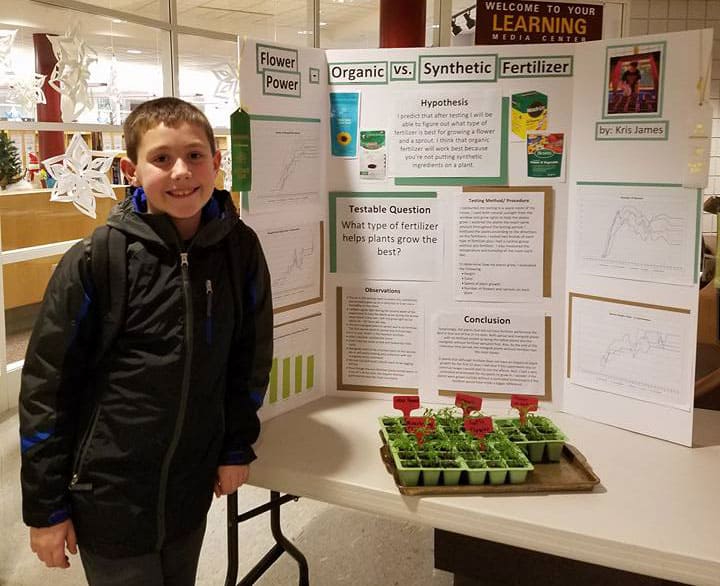



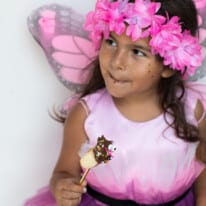
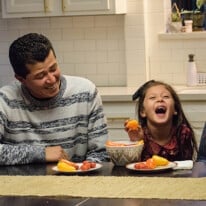
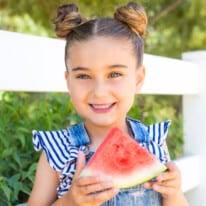
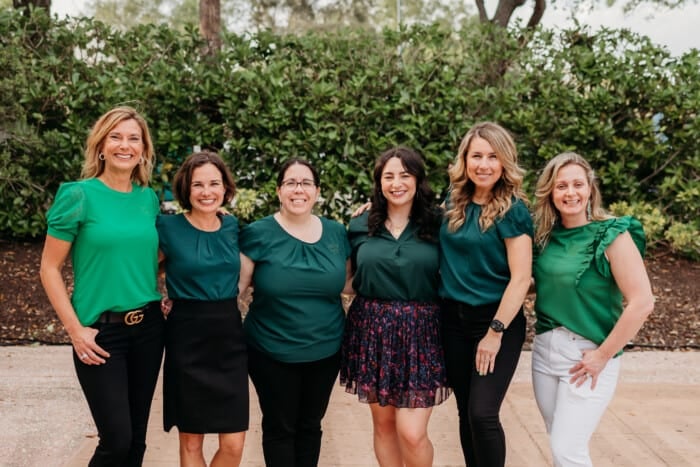
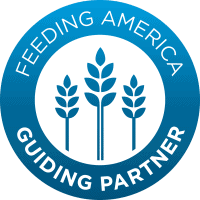
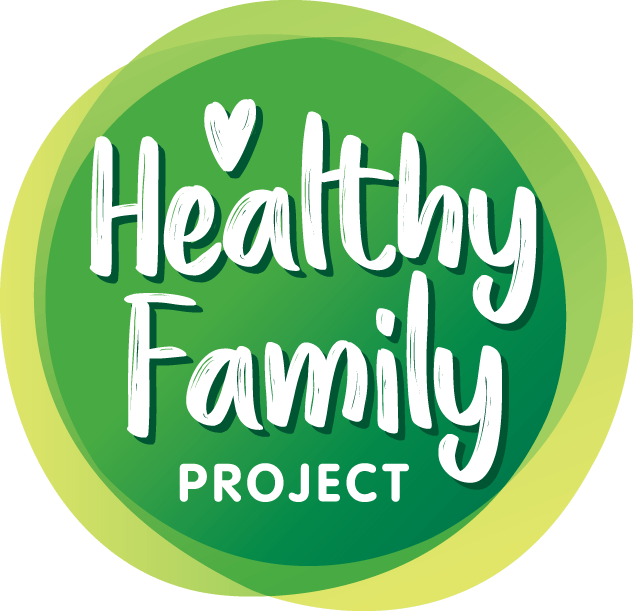
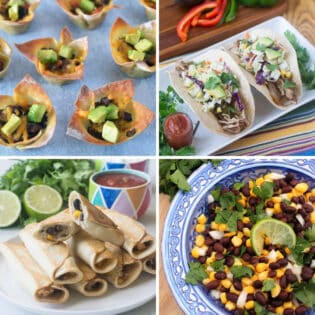
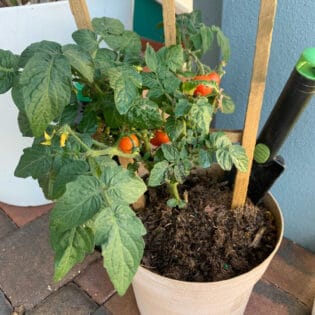
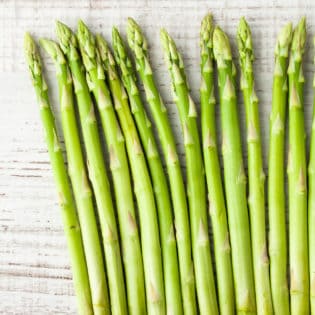
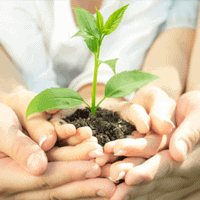

What a great interview. He’s growing up too fast. You’re doing a great job Trish
I loved this interview ☺️ He’s growing up to be a bright, wonderful kid !! ? Happy Earth Day ??